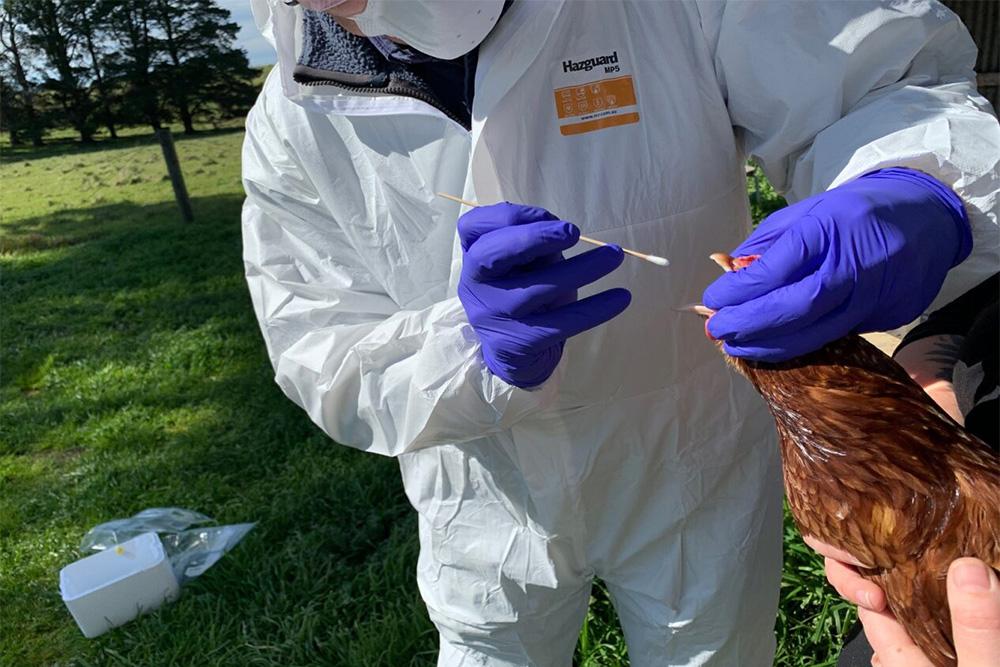Awareness of the risks of zoonotic diseases – which can pass from animals to humans – is more important than ever on World Zoonosis Day.
Australian Chief Veterinary Officer Dr Mark Schipp said the recent detection of Japanese encephalitis (JE) was a reminder that vigilance for zoonoses is always necessary.
"JE is a mosquito-borne viral disease that can affect pigs, horses and also people," Dr Schipp said.
"The normal lifecycle of JE is between waterbirds and mosquitoes. People and animals become infected through the bite of infected mosquitoes, which means you can’t catch it from eating pork or through person-to-person contact.
"The disease was detected in piggeries in New South Wales, Queensland, South Australia and Victoria earlier this year – the first time it has appeared in southern Australia.
"As JE virus is carried by mosquitos, one of the easiest ways to avoid the spread of JE to either people or animals is to reduce exposure to infected mosquitos.
"Horse and pig owners especially need to keep an eye out for signs of JE, even now in the winter months.
"Risk from zoonotic disease can be managed by practising good animal biosecurity and maintaining proper hygiene. All Australians can play a part in managing the risks of zoonoses."
Fast Facts
- World Zoonoses Day is celebrated on 6 July 2022 in recognition of the achievements of renowned French chemist and microbiologist Louis Pasteur, who on 6 July 1885 administered the first rabies vaccination.
- If you suspect an animal is showing signs of JEV, you must report it to either a local veterinarian or call the national Emergency Animal Disease Watch hotline on 1800 675 888.
- For signs of disease, see https://www.outbreak.gov.au/current-responses-to-outbreaks/japanese-encephalitis



